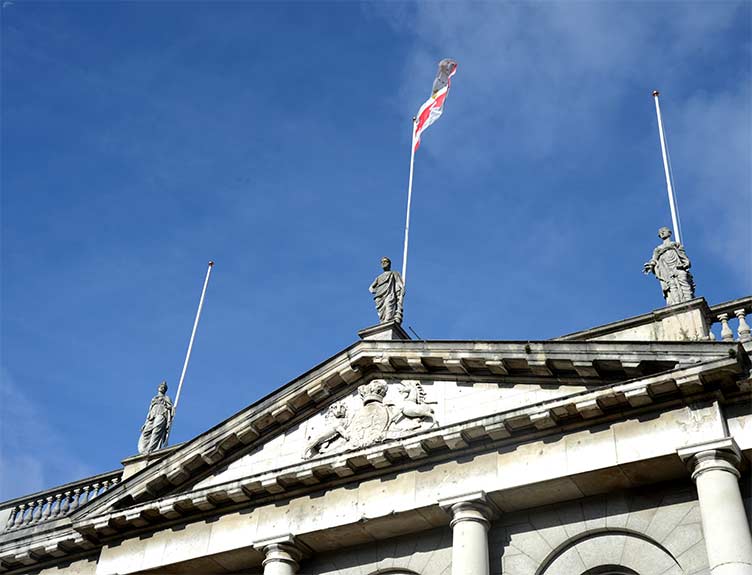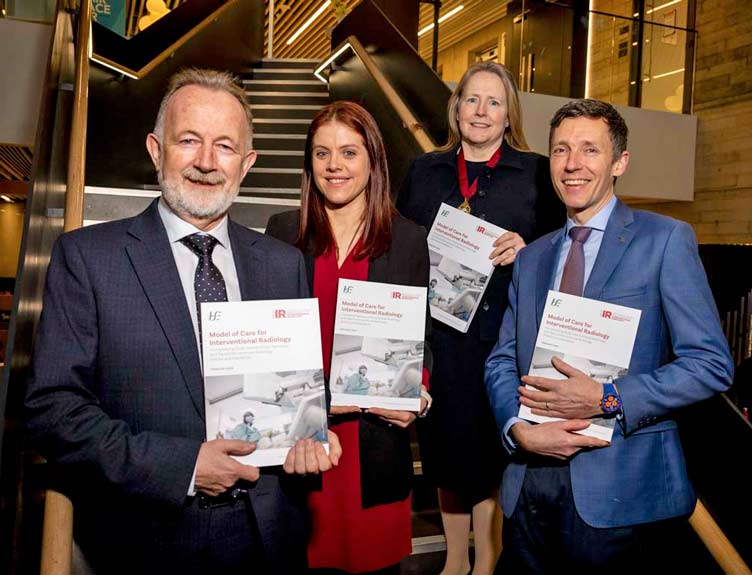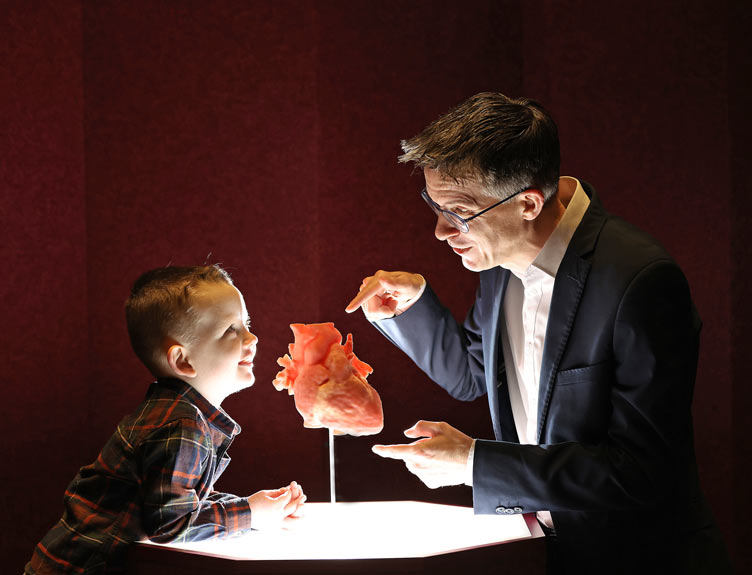RCSI research team to compete in SFI challenge to address UN Sustainable Development Goals
A team from RCSI University of Medicine and Health Sciences has been named one of seven research teams competing in the Science Foundation Ireland SDG Challenge.
The RCSI team will use data science to identify the key factors that impact on the quality of surgical training in East, Central and Southern Africa.
The challenge, run in partnership between SFI and Irish Aid, will see the seven shortlisted teams receiving funding of €2.47m to develop innovative solutions aimed at addressing the UN Sustainable Development Goals.
The focus of the SDG Challenge is the development of innovative solutions that contribute to improved health and well-being, with a specific objective of addressing challenges in countries where Irish Aid works. The seven teams will compete for an overall prize of €1m to further advance their solution toward deployment.
Five billion people lack access to safe, affordable and timely surgical and anaesthetic care, with low- and middle-income countries being the worst affected. Annually, an estimated 140 million people need surgical procedures to save their lives or to prevent long-term disability but cannot get them, and 80 million more who do seek care are impoverished as a result.
The COSECSA (College of Surgeons of East, Central and Southern Africa) Training Quality Platform project aims to raise the quality of training across all hospitals accredited by COSECSA, and provide necessary quality assurance to underpin the scale-up in surgical training across the region.
The project will engage with key stakeholders such as trainers, trainees, programme directors, scholarship bodies and training course providers active in the region, and collate and analyse data from COSECSA's existing training datasets. The project will use data science to examine which are the key factors that have the greatest impact on trainees' progression, enabling trainees to graduate and practice as independent consultant surgeons.
Congratulating the RCSI team, Professor Cathal Kelly, Vice Chancellor, RCSI, said: "RCSI is an innovative, world-leading international health sciences university with a commitment to global surgery as a core pillar of its strategy. This competition reflects our commitment to driving solutions in response to the UN Sustainable Development Goals. The RCSI project, aimed at increasing access to safe surgical care in East, Central and Southern and Africa, builds on many years' collaboration aimed at increasing surgical capacity in the region. I wish the team every success in the competition."
Minister for Further and Higher Education, Research, Innovation and Science, Simon Harris TD, said: "I am delighted to announce the seven teams who will go on to compete as part of the SDG Challenge. SFI's Challenge Funding Programmes seek to support Ireland's best and brightest, to develop novel, potentially disruptive, technologies to address significant societal challenges. Today it is about addressing development challenges under the UN SDGs in Irish Aid's partner countries. The role of SFI, with the support of my department, in running challenge-based funding programmes that bring all of this together to have real world impacts, provides confidence in the future of scientific research."
Professor Philip Nolan, Director General at SFI, said: "Each of the seven teams have worked incredibly hard and I would like to commend them on their dedication, and to wish them every success. Enabling talented teams to address significant national and global challenges is crucial, which is why challenge-based research funding is of high strategic importance to Ireland.
"Having this level of talent compete in the SDG Challenge bodes well for the future of scientific research and I look forward to seeing the different solutions that develop throughout the programme."
Minister for Overseas Aid and Diaspora, Colm Brophy TD, said: "Millions of lives are saved each year as a result of scientific discovery. We have each experienced the benefits, as innovation and research helped us in our fight against COVID-19. That of course built on the knowledge gained by scientists in their live-saving research into HIV, malaria, TB and other viruses. I am excited by this year's SDG Challenge funding, which will support researchers in both Ireland and Irish Aid partner countries to develop new technologies to help people live healthier lives. I look forward to the work of the seven teams announced today, each cutting-edge scientific research projects, making a real difference and wish each of the teams the best of luck."
The RCSI team is led by Dr Debbi Stanistreet, Department of Public Health and Epidemiology, with Eric O'Flynn, Institute of Global Surgery. The team's partner country is Malawi and team co-lead and Societal Impact Champion there is Dr Wakisa Mulwafu, Associate Professor of Otolaryngology and Deputy Head of Surgery at Kamuzu University of Health Sciences.
RCSI was ranked the joint second academic institution in the world for contribution to Sustainable Development Goal 3 'Good Health and Wellbeing' in the 2021 Times Higher Education Impact rankings.



